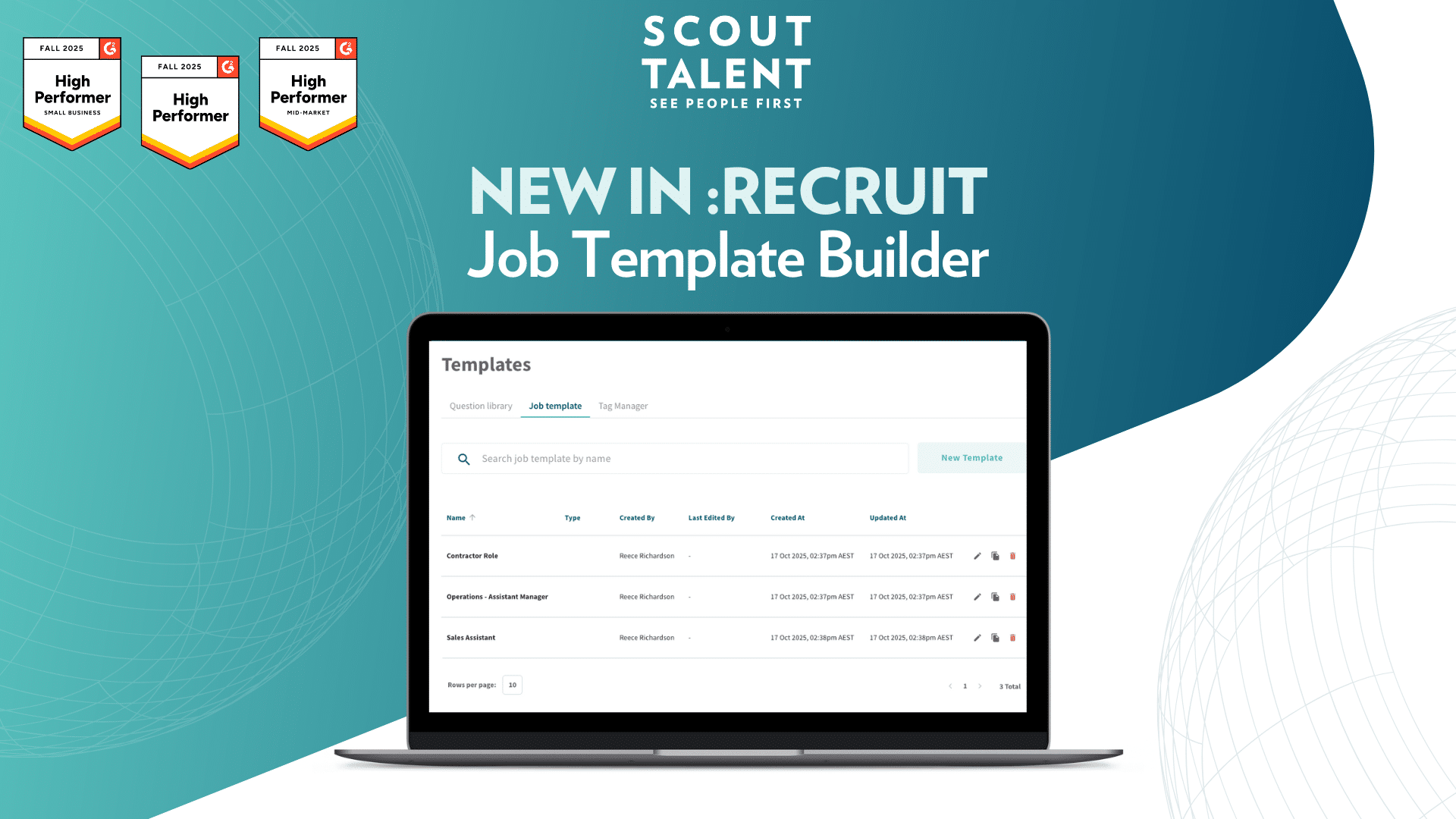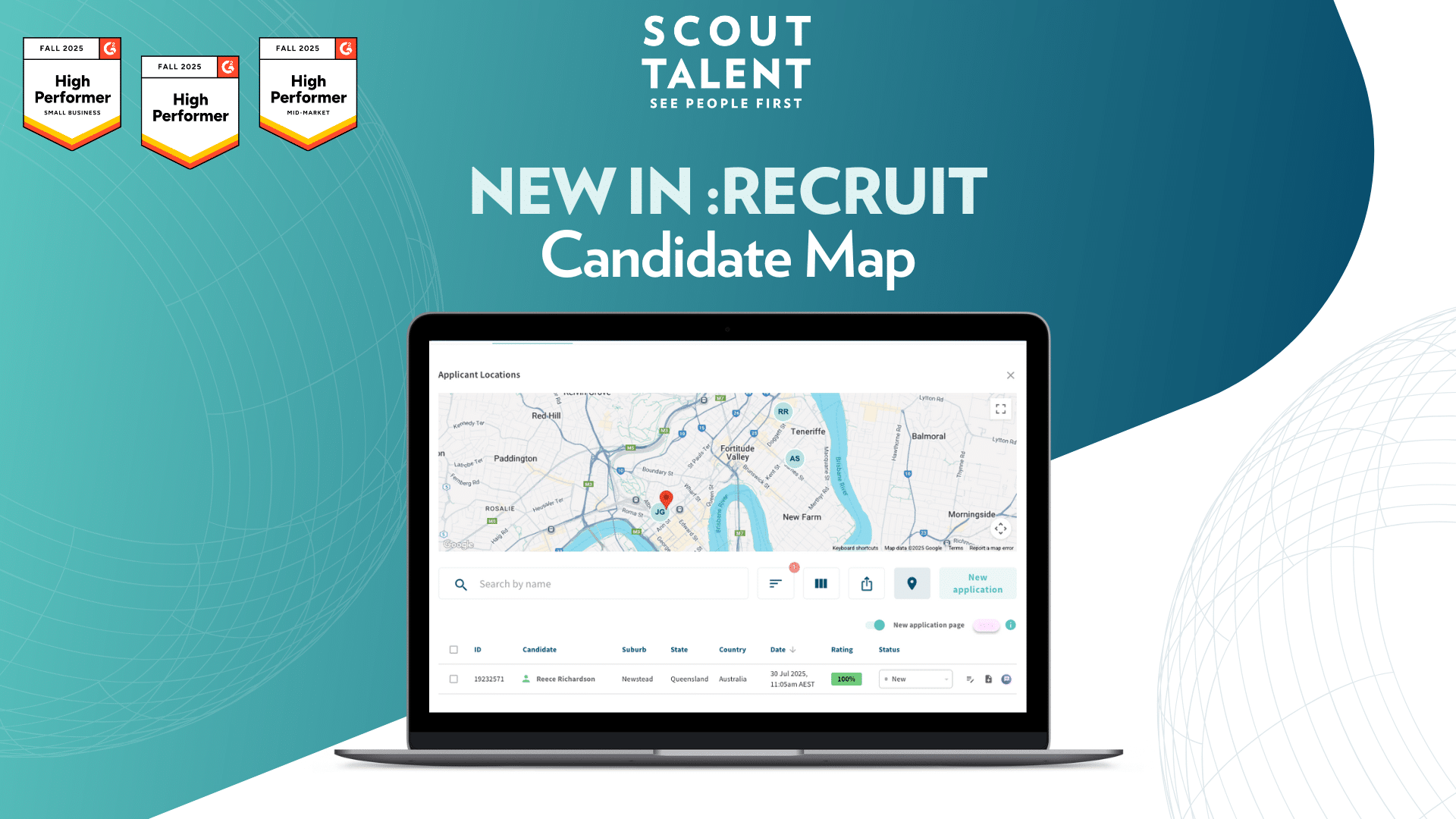Should you recruit for experience or education? Healthcare recruiters will always have the dilemma of choosing between hiring for education or experience. Should you hire a candidate who recently graduated and only has one year of experience, but has a master’s degree from the number-one program in the country? Or do you take the candidate who has a degree from a less-known institution, but has 12 years of experience?
Deciding between the two can slow down your recruitment processes. So what’s the solution? There’s no one right answer. Both talent demographics are important to the long-term success of your organisation.
Get the best of both worlds by attracting a good mixture of young, academically-inclined employees and those with on-the-job experience. In thinking about whether to recruit for experience or education, design a recruitment strategy to target and hire both types of candidates. These demographics have different needs and therefore, require different attraction and engagement methods. Here’s how.
Attracting new healthcare graduates
While hiring graduations is a cost-effective strategy that can invigorate your existing workforce, they’re in high demand, especially in healthcare.
Understand what this talent demographic is looking for in an employer. 87% of millennials state development opportunities are important in their desired roles. Healthcare providers need to provide opportunities for their younger employees to remain competitive both in their own role and in their industry. Can you use this as part of your recruitment advertising or employer branding strategy?
When it comes to shortlisting and selection, this talent pool can be snapped up quickly. Use powerful closing strategies to seal the deal, such as speeding up the process and using the power of influence. Impressing them with an efficient process and unique offer if a great way to win candidates over your talent competitors.
Also, many graduates choose to work with healthcare providers where they completed their internship programs. Do you have a strong internship strategy, and are you connecting it effectively with your recruitment initiatives? (Internships can be a game-changer for your talent pipeline. However, they come with risks and time commitments. You’ll need to structure their program thoughtfully and get buy-in from the people guiding them through their learning goals.)
Establish partnerships with local universities and programs to reach students before they graduate and stay competitive.
Attracting experienced healthcare professionals
Baby Boomers are starting to leave the workforce at a rapid rate. By some estimates, 10,000 retire each day. This has a big impact on healthcare organisations whose workforce consists of a large number of employees in their sixties.
Experienced nurses and healthcare professionals retiring creates knowledge gaps where graduates aren’t up to specialist level by the time the older workforce retires. While there’s no way to prevent boomers from retiring, healthcare organisations must establish workforce planning and proactive recruitment strategies to prepare for these departures. This will ease the burden associated with having to continually hire new individuals to fill vacant positions that are left behind by senior level employees.
Hospitals, clinics, aged care and other healthcare providers need to revamp their approach to hiring by putting together an attractive benefits package to make their positions more attractive.
A strong employer brand goes miles in attracting the best healthcare talent. Highlight the benefits your organisation offers outside of salary. For example, career progression, flexibility, workplace wellness programs and employee social events.
Healthcare case study
Danila Dilba Health Service strengthened their employer brand through a careers video, written and video employee profile stories, their careers website and more.
“[This] helped us strengthen our employer brand and market our unique employee value proposition across Australia. Along with the branding project we revamped our website and careers pages which helped us attract quality applicants.
“Our employer branding initiatives have been very successful in ensuring we receive our fair share of quality talent. It’s helped us in both recruitment and retention. We’ve retained a greater number of employees as we’ve opened more leadership positions,” – Sulal Mathai, HR Manager, Danila Dilba Health Service.
Promote your unique differences from your talent competitors, sharing this message across your careers website, recruitment advertisements and social channels. Talent pooling is another effective, proactive recruitment strategy to inspire and educate your audience about your offering. Being proactive, strengthening your employer brand and building a talent pipeline will ensure your success in healthcare recruitment.
Nurture your pipeline and keep them engaged through emailing marketing and your social media channels. This way, you’ll have a warm and qualified group of potential candidates to market new roles to and fill your positions more quickly.
When thinking about whether you should recruit for experience or education, instead of choosing between experience or education, design a recruitment strategy to target and attract both talent demographics. With a bit of thoughtful planning, finding the right mix and creating a balance will set you up for long-term success.
Looking for advice about recruitment advertising or employer branding to attract the best candidates to your healthcare vacancy? Schedule a discussion with our Recruitment Specialists, call us on 1300 366 573 or email info@scouttalent.com.au.




